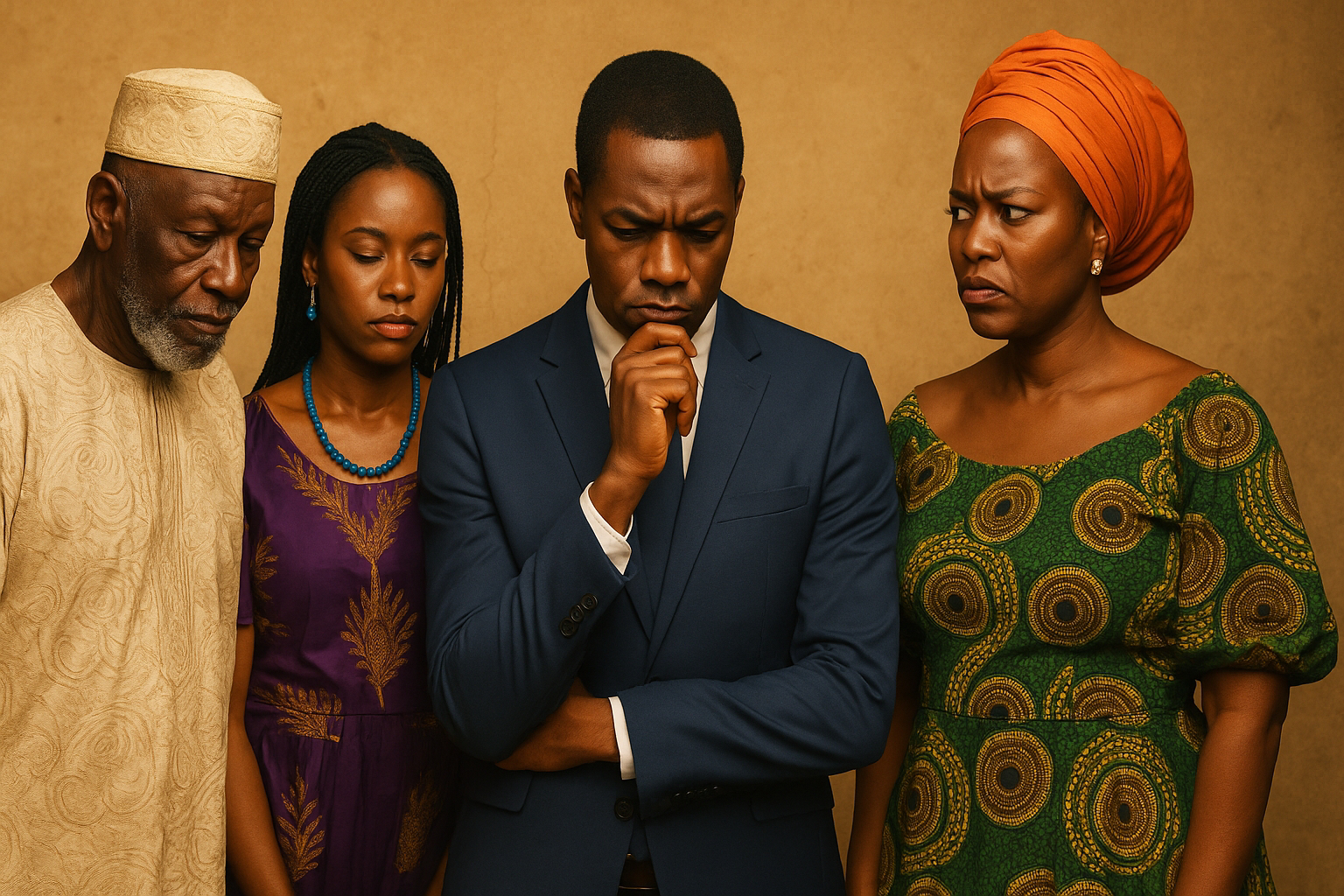The Career Lie: Only Certain “Good Jobs” Lead to Wealth

Key Takeaways The “only certain jobs lead to wealth” idea is a status story , not a money law. A prestigious career can still produce financial stress if there is no surplus, no protection, and no compounding plan. In unstable economies , wealth depends more on systems and adaptability than on titles alone. The real trap is not education—it’s outsourcing your financial future to one path and hoping it carries everything. You don’t need to abandon your career. You need to stop expecting your career title to do the work of a financial system. A lot of people didn’t choose their career from desire. They chose it from fear. Fear of poverty. Fear of embarrassment. Fear of being the person in the family who “ didn’t make it. ” So they picked the safest-sounding name: the respected course, the trusted degree, the job that gets nods at family gatherings. And for years, they carried that choice like a passport to a better life—only to arriv...


